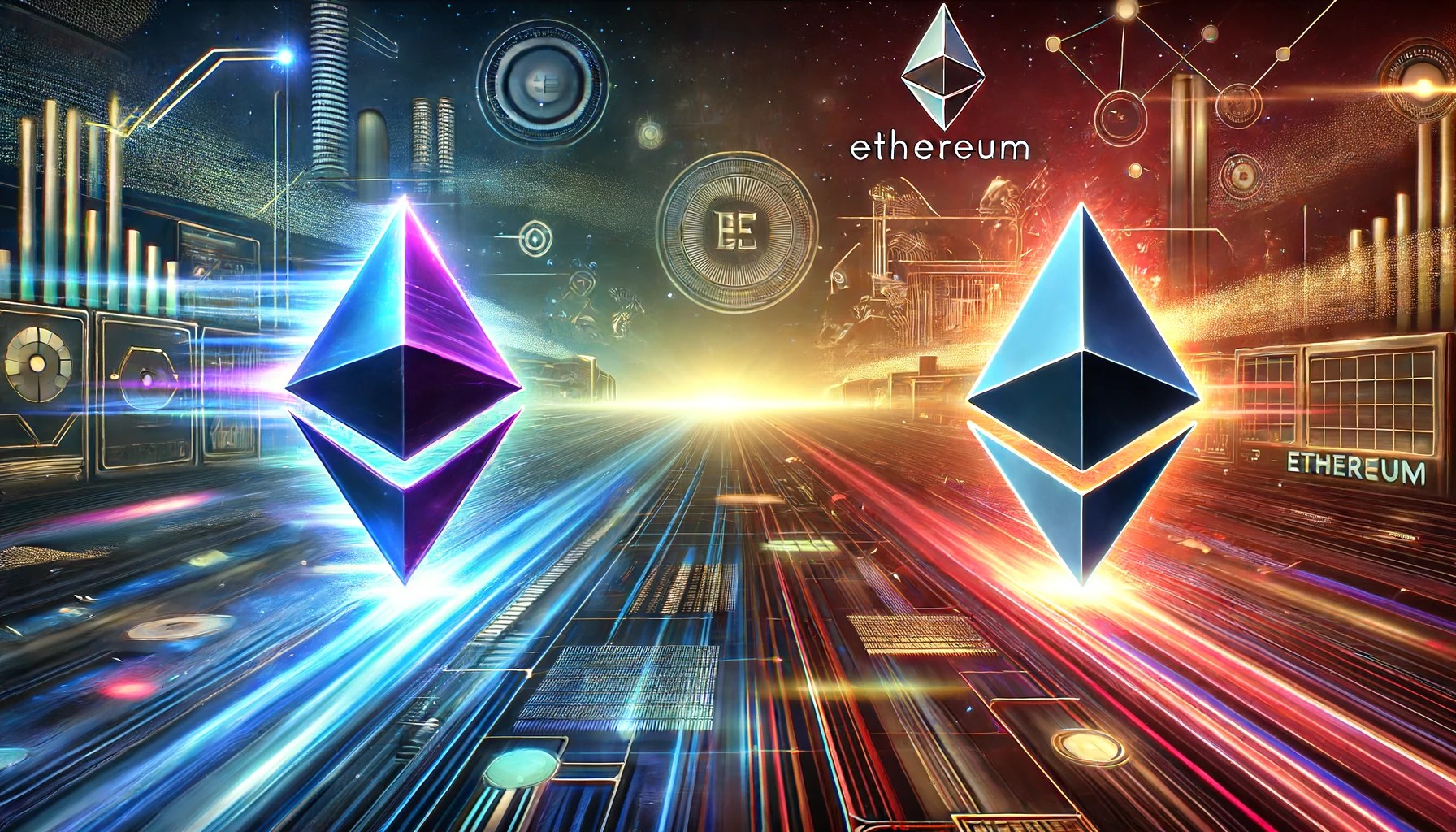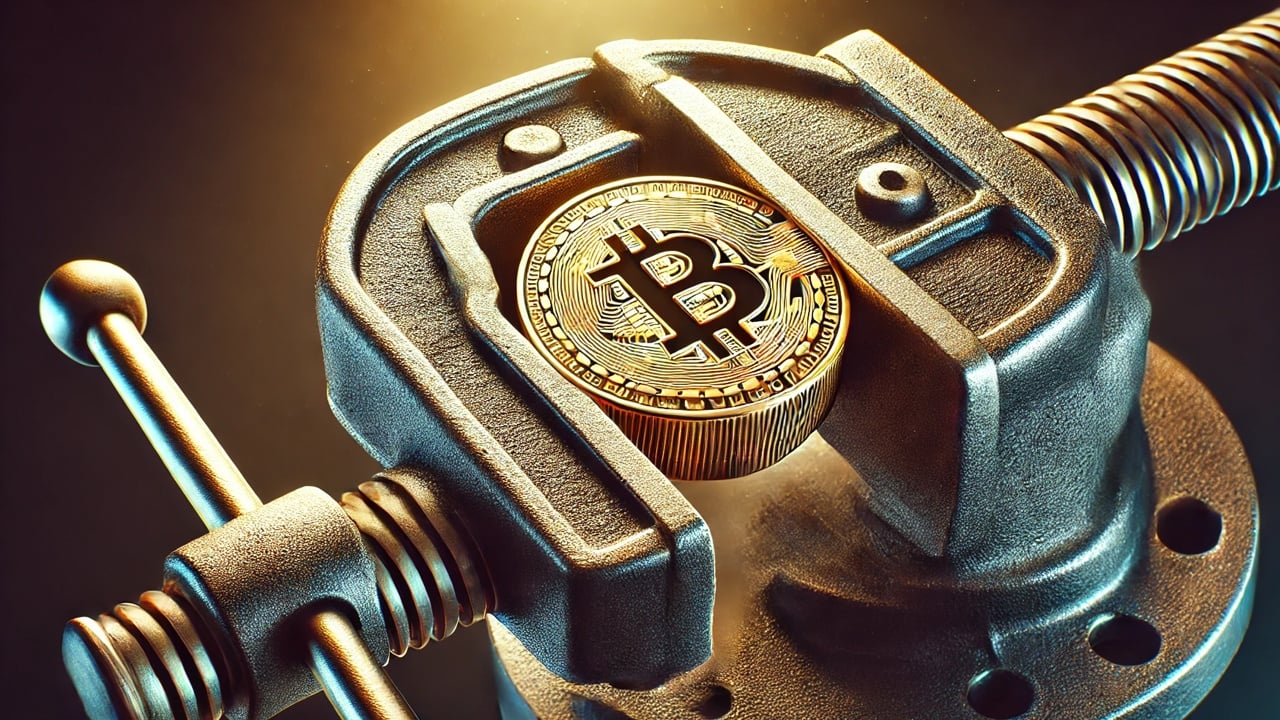Solana founder, Anatoly Yakovenko has declared that SOL has surpassed Ethereum, the world’s second-largest cryptocurrency in a critical metric – the economic barrier for honest nodes to participate in consensus.
Solana Outpaces Ethereum By 10X In This Metric
According to Yakovenko, the economic barrier for honest nodes to participate in consensus in Solana is 10 times higher than Ethereum’s at the moment. Typically, blockchains like Ethereum and Solana rely on a distributed network of computers, also known as nodes, to validate and record transactions. This entire process is called a consensus and ensures that all nodes in the network work together to maintain the blockchain’s performance and security.
However, Yakovenko suggests that not all nodes are equal and participation in engagement in the blockchain’s consensus process usually comes at a steep price. These expenses are usually inflated by costs of running powerful hardware, and energy consumption.
The Solana founder also disclosed that SOL’s expensive nodes are primarily due to the investments Ethereum has made in Boneh-Lynn-Sacham (BLS) aggregation for consensus messages.
The Boneh-Lynn-Sacham is a cryptographic signature scheme leveraged by Ethereum which enables users to verify the level of authenticity of a signer. Notably, the BLS scheme can hold messages independently verified by node validators.
Reports from Ryan Berckmans, an Ethereum community member and investor, have revealed just how expensive running a Solana validator is. He disclosed that the Solana Foundation is currently financially supporting the blockchain because running a validator costs over $65,000 per year.
Yakovenko has disclosed undefined plans to adopt a more efficient consensus mechanism to address the heightened voting fees. He disclosed that as hardware improves, the lower bound fee to send validator messages to the entire cluster will eventually decrease. As a result, the cost per vote will also decline and Solana’s economic barrier for node participation may drop.
Additionally, the Solana founder disclosed that establishing voting subcommittees would lower vote fees and potentially reduce the vote load by rotating boxes in and out of the committee.
ETH and SOL Witness Slight Pullback
Lately, the price of Ethereum and Solana has been witnessing minor declines, underscoring the waning demand for these cryptocurrencies in the crypto market. As of writing, Solana has recorded a substantial weekly decrease of 12.91%, pushing its price down to $150.5.
The slight pullback in Solana comes amidst the broader market volatility and a slowdown in investor’s demand for the cryptocurrency. Despite its bearish performance, crypto analyst Ali Martinez is optimistic about Solana’s future outlook. Martinez has predicted a potential price surge as high as 53% for the popular cryptocurrency.
On the other hand, Ethereum has continually witnessed a decrease in its value despite the recent approval of Spot Ethereum ETFs by the United States Securities and Exchange Commission (SEC). As of the latest update, the price of Ethereum is trading at $3,485, marking a significant weekly decline of 9.49%.





